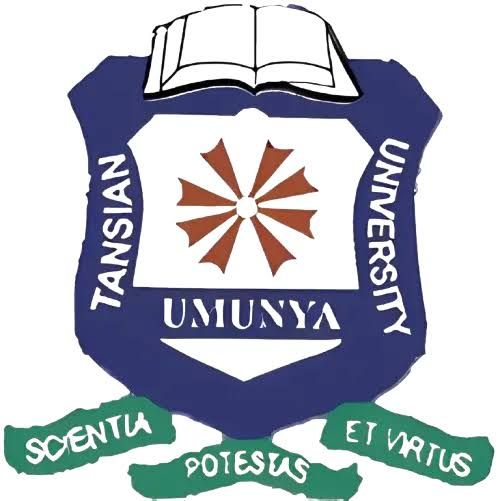
The recent award of an honorary degree by Tansian University has raised eyebrows, as questions surrounding the institution’s leadership and ownership crisis continue to cast a shadow over the university’s credibility.
Critics have called into question the timing and integrity of the award, with some suggesting that the honor may be a strategic move to divert attention from the ongoing internal power struggles and governance issues that have plagued the institution.
Tansian University, which has long been a symbol of academic promise in Nigeria, has been embroiled in an ownership dispute that has sparked tension between the founding members and the current administration. The institution was established by the late Very Rev. Msgr. Johnbosco Akam of the Ekwulobia Diocese, but disagreements over the control of the university and the interpretation of Akam’s Last Will have led to a leadership vacuum. This crisis of ownership has fueled further divisions within the university, as different factions vie for influence over the direction of the institution.
In the midst of this turmoil, the recent conferring of an honorary degree has raised more than a few eyebrows. Many see the award as part of a larger effort by the current administration to solidify its authority and gain favor among influential figures, despite the ongoing governance issues that have yet to be addressed. Some critics have argued that the award, rather than being based on merit or academic achievement, may have been politically motivated to curry favor with key stakeholders or distract from the broader leadership crisis.
The timing of the honorary degree award is particularly significant, as it coincides with the resignation of Senator Victor Umeh from his position as Chancellor of the university. Umeh, who stepped down amidst allegations of power struggles and a lack of transparency, cited the university’s inability to resolve its ownership disputes and its failure to adhere to proper governance structures. His resignation, coupled with the ongoing power tussle between various factions, has left the university in a state of instability, further raising concerns about the legitimacy of the recent honorary degree award.
Sources within the university have pointed out that the leadership struggles at Tansian University have created an environment where key decisions are being made without due process or consideration for the institution’s long-term development. “The university is in disarray,” one insider stated. “The award of an honorary degree at this point is seen by many as a desperate attempt to project an image of normalcy and competence, when in fact, the institution is far from stable.”
Furthermore, critics have raised concerns about the role of Fr. Edwin Obiora, the university’s lawyer, who is believed to have played a significant role in the events leading to Umeh’s resignation. Obiora, who has since assumed the position of Chancellor, has been accused of exerting undue influence over the university’s administration, further exacerbating the ongoing leadership crisis.
As Tansian University grapples with these challenges, the integrity of its academic honors is now under intense scrutiny. The institution’s future remains uncertain, as internal divisions continue to threaten its stability. Whether the university can resolve its ownership and leadership disputes, and restore confidence in its governance, remains to be seen. For now, the honorary degree award has only added fuel to the fire, prompting many to question whether the university can truly move forward without addressing its deep-rooted issues.



Discussion about this post